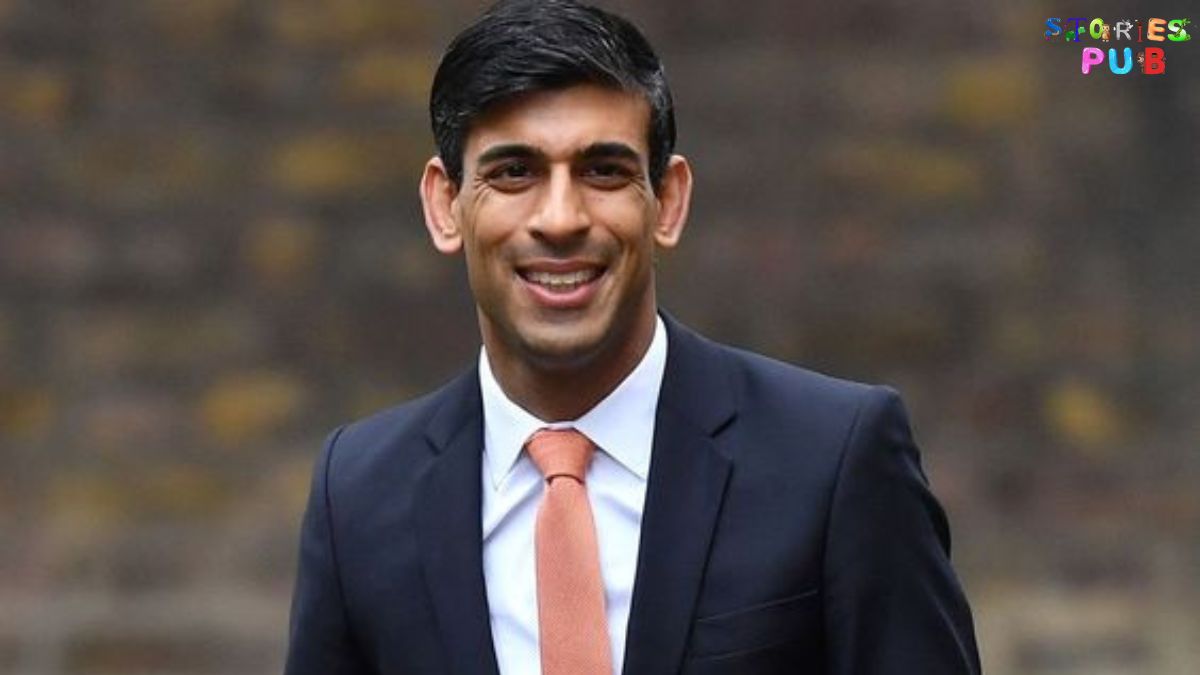Summarize this Article with:
IPS full form | How to become an IPS officer & Salary

The Indian Police Service, commonly known as IPS, is one of the most prestigious and sought-after careers in India. The IPS is responsible for maintaining law and order, preventing and solving crimes, and ensuring public safety and security. In this article, we will discuss the eligibility criteria, roles and responsibilities, and salary structure of an IPS officer.
Here, we will dive deeper into the eligibility criteria, roles and responsibilities, and salary structure of an IPS officer. This article is aimed at providing a comprehensive understanding of what it takes to become an IPS officer and what one can expect from the job.
What is IPS?
IPS stands for Indian Police Service. It is one of the three All India Services (AIS) established by the Government of India. The IPS is responsible for maintaining law and order, preventing and solving crimes, and ensuring public safety and security.
It is a highly prestigious and respected career in India, and IPS officers are considered to be one of the most elite civil servants in the country. The IPS was formed in 1948 after India gained independence from British rule, and it is considered one of the pillars of India’s criminal justice system.
IPS full form
IPS stands for Indian Police Service.
How to Become an IPS Officer
To become an IPS officer, you must meet certain eligibility criteria. Here are the educational qualifications required, as well as the age limit and nationality requirements:
Educational Qualifications Required to Become an IPS Officer:
To be eligible for the IPS, you must have a bachelor’s degree from a recognized university or institution. Any stream is acceptable, including science, arts, commerce, and engineering. Candidates who are in their final year of graduation can also apply for the exam. However, they must submit proof of their graduation within the stipulated time frame.
Age Limit and Nationality Requirements:
The age limit for applying to the IPS is between 21 and 32 years, as of August 1 of the year of examination. There are certain relaxations for candidates belonging to specific categories, such as SC/ST, OBC, and other special categories.
In terms of nationality, the candidate must be an Indian citizen. Candidates from Nepal or Bhutan may also be eligible for the exam, provided they meet certain criteria specified by the government. Candidates from other countries are not eligible to apply for the IPS exam.
Additionally, candidates who have already appeared for the exam and have not exceeded the maximum number of attempts are also eligible to apply.
Once you meet the eligibility criteria, you can apply for the Civil Services Examination (CSE), which is conducted by the Union Public Service Commission (UPSC) every year. The CSE is a three-stage examination, consisting of a preliminary exam, a mains exam, and a personality test/interview. Candidates who clear all three stages of the exam are then selected for the IPS and other civil services based on their rank in the final merit list.
Training Required for IPS
Once a candidate is selected for the Indian Police Service (IPS), they undergo extensive training to prepare them for the responsibilities of the job. The training is designed to impart the necessary skills, knowledge, and values required to become a successful IPS officer. Here’s an overview of the training required for IPS officers:
- Foundation Course: The training begins with a four-month Foundation Course at the Lal Bahadur Shastri National Academy of Administration in Mussoorie, Uttarakhand. This course is common for all civil services officers and is designed to introduce them to the various aspects of governance and public service.
- Professional Training: After completing the Foundation Course, IPS officers undergo a year-long professional training at the Sardar Vallabhbhai Patel National Police Academy (SVPNPA) in Hyderabad, Telangana. This training covers a wide range of topics, including law, investigation, forensic science, human rights, public order management, and leadership development.
- Specialized Training: After completing the professional training at SVPNPA, IPS officers undergo specialized training based on their cadre and posting. This training is conducted by various institutions, including the Central Detective Training Institutes (CDTIs), the National Crime Records Bureau (NCRB), and the Bureau of Police Research and Development (BPR&D).
- On-the-Job Training: IPS officers receive on-the-job training throughout their careers, as they are constantly exposed to new situations and challenges. They work with experienced officers to learn the practical aspects of policing, such as crime investigation, community policing, and maintaining law and order.
- In-Service Training: IPS officers also undergo in-service training to keep themselves updated on the latest developments in policing and to enhance their skills. This training can be in the form of workshops, seminars, or courses conducted by various institutions.
The training required for IPS officers is rigorous and demanding, but it prepares them to handle the responsibilities of maintaining law and order, investigating crimes, and ensuring public safety and security.
Roles and Responsibilities of an IPS officer
As a member of the Indian Police Service (IPS), an officer is responsible for maintaining law and order, investigating and solving crimes, ensuring public safety and security, and collaborating with other law enforcement agencies. Here is a detailed overview of their roles and responsibilities:
Maintaining Law and Order: IPS officers are responsible for maintaining law and order in the areas under their jurisdiction. They must ensure that citizens can go about their daily lives without fear of violence or disruption. This involves monitoring public gatherings, managing traffic flow, and preventing and resolving conflicts.
Investigating and Solving Crimes: IPS officers are also responsible for investigating crimes and bringing the perpetrators to justice. This includes gathering evidence, conducting raids, interrogating suspects, and coordinating with other law enforcement agencies.
Ensuring Public Safety and Security: IPS officers must ensure public safety and security by protecting citizens from threats such as terrorism, organized crime, and natural disasters. They must be prepared to handle emergencies and crises effectively and efficiently.
Collaborating with Other Law Enforcement Agencies: IPS officers must work in collaboration with other law enforcement agencies such as the Central Bureau of Investigation (CBI), the National Investigation Agency (NIA), and state police forces. They must coordinate and share information to ensure that criminals are apprehended and justice is served.
IPS officers are also responsible for various administrative duties, such as managing personnel, budgets, and equipment. They must maintain discipline and uphold the law while also ensuring that the rights of citizens are protected. IPS officers must be highly skilled, knowledgeable, and dedicated to serving their country and protecting their fellow citizens.
Salary of an IPS Officer
The salary of an Indian Police Service (IPS) officer is attractive and competitive, with several benefits and perks. Here’s a brief overview of the salary structure of IPS officers:
Basic Pay and Allowances: The basic pay of an IPS officer varies according to their rank and years of service. As of 2021, the basic pay scale for an entry-level IPS officer is Rs. 56,100 per month. In addition to this, they are entitled to various allowances, such as house rent allowance, travel allowance, medical allowance, and dearness allowance.
Pay Scale and Promotions: IPS officers are eligible for promotions based on their years of service and performance. The pay scale for IPS officers ranges from Rs. 56,100 to Rs. 2,25,000 per month, depending on their rank and years of service. IPS officers can rise to the rank of Director General of Police (DGP), which is the highest rank in the police department.
Benefits and Perks: In addition to their basic pay and allowances, IPS officers are entitled to several benefits and perks. These include a government-funded accommodation, a car and a driver, medical facilities, and a pension after retirement. IPS officers also have access to subsidized education for their children, and they can avail of leave travel concessions to travel within India.
Overall, the salary of an IPS officer is lucrative, with several benefits and perks that make it a highly sought-after career choice. However, it’s important to note that the job also comes with a high level of responsibility and requires a deep commitment to serving the nation and maintaining law and order.
Difference between IPS vs IAS
The Indian Police Service (IPS) and the Indian Administrative Service (IAS) are two of the most prestigious civil services in India. Here are the key differences between IPS and IAS:
Job Role: The primary difference between IPS and IAS is their job role. IPS officers are responsible for maintaining law and order, investigating crimes, and ensuring public safety and security.
On the other hand, IAS officers are responsible for managing and implementing government policies and programs and ensuring smooth administration and governance.
Training: The training for IPS and IAS officers is also different. IPS officers undergo training at the Sardar Vallabhbhai Patel National Police Academy in Hyderabad, which is focused on law enforcement and policing.
IAS officers undergo training at the Lal Bahadur Shastri National Academy of Administration in Mussoorie, which is focused on administrative and governance skills.
Selection Process: The selection process for IPS and IAS officers is also different. IPS officers are selected through the Civil Services Examination conducted by the Union Public Service Commission (UPSC), which includes a written exam, a physical test, and an interview.
IAS officers are also selected through the same examination, but their selection is based on their performance in the written exam and interview.
Career Growth: The career growth opportunities for IPS and IAS officers are also different. IPS officers can rise to the rank of Director General of Police (DGP), which is the highest rank in the police department.
IAS officers can rise to the rank of Cabinet Secretary, which is the highest rank in the civil service.
Pay Scale: The pay scale for IPS and IAS officers is also different. While both services have a similar pay structure, the allowances and benefits for IPS officers are slightly different.
IPS officers are entitled to additional benefits such as a government-funded accommodation, a car and a driver, and medical facilities.
Conclusion
The Indian Police Service (IPS) is a highly respected and rewarding career option for those interested in maintaining law and order, investigating crimes, and ensuring public safety and security. To become an IPS officer, one must meet the eligibility criteria, undergo rigorous training, and exhibit a deep commitment to serving the nation. IPS officers enjoy a competitive salary, as well as several benefits and perks.
While the IPS and the Indian Administrative Service (IAS) are both prestigious civil services in India, they differ in terms of their job role, training, selection process, career growth, and pay scale. It is important to understand these differences and choose a career path that aligns with your interests and goals. Overall, the IPS is a challenging and fulfilling career that offers a unique opportunity to serve the nation and make a positive impact on society.
Hey kids, how much did you like IPS full form | How to become an IPS officer & Salary? Please share your view in the comment box. Also, please share this story with your friends on social media so they can also enjoy it, and for more such Full form, please bookmark storiespub.com.
Suggested Article –
- Essay on Child Labor for Students and Children
- Essay on My School for Students
- Essay on Newspaper
- Tree Essay for Students and Children
- Essay on Elephant for Students and Children in English?
- Nelson Mandela Biography













